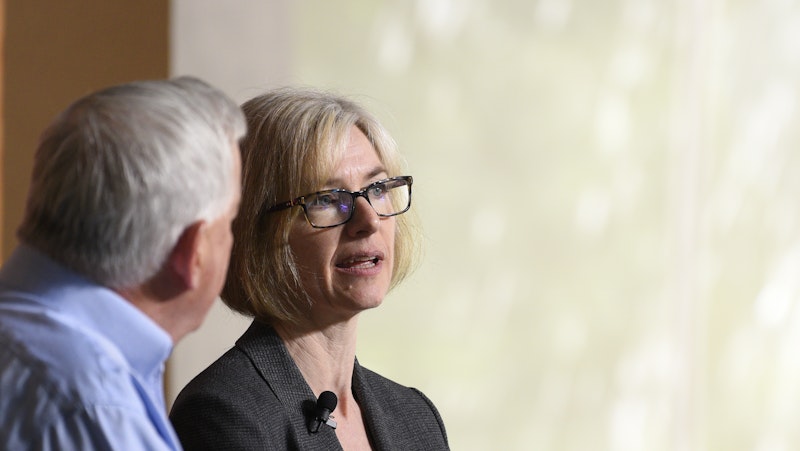
A Crack in Creation: Gene Editing and the Unthinkable Power to Control Evolution
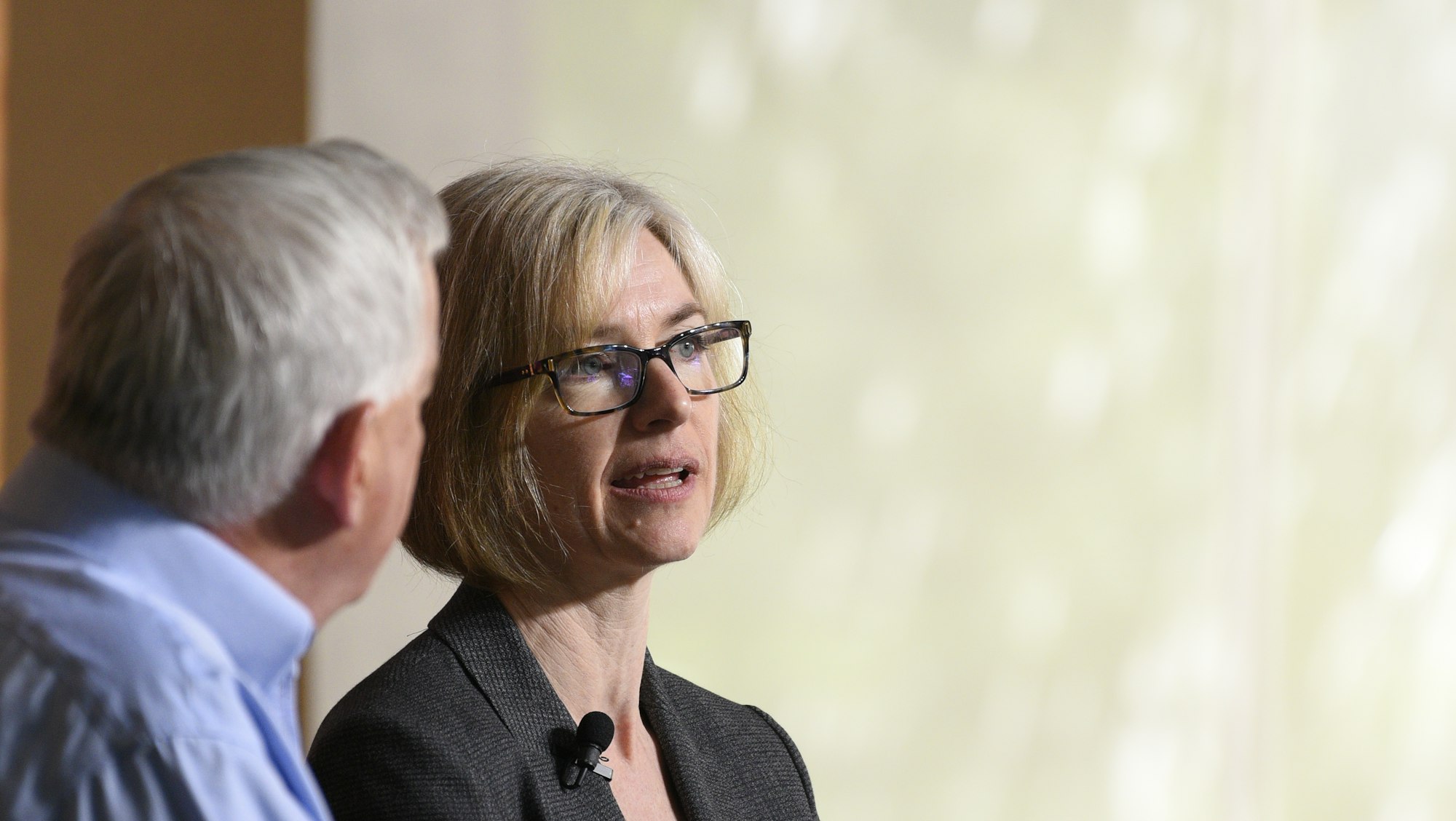
There needs to be a broad societal consensus.
Setup
Not since the atomic bomb has a technology so alarmed its inventors that they warned the world about its use. Not, that is, until the spring of 2015, when biologist Jennifer Doudna called for a worldwide moratorium on the use of the new gene-editing tool CRISPR — a revolutionary new technology that she helped create — to make heritable changes in human embryos. The cheapest, simplest, most effective way of manipulating DNA ever known, CRISPR may well give us the cure to HIV, genetic diseases, and some cancers, and will help address the world’s hunger crisis. Yet even the tiniest changes to DNA could have myriad unforeseeable consequences — to say nothing of the ethical and societal repercussions of intentionally mutating embryos to create “better” humans. Doudna joins Walter Isaacson in conversation about gene editing and the unthinkable power to control evolution.
- 2017 Festival
- Science
Explore More
Science

Space… the final metaphor for the unknowable. But we are certainly trying to understand what goes on out there, and the more we learn, the more fascinating questions start to...

Since 2014, Aspen Ideas: Health has welcomed nearly 800 inspiring women leaders to our stages to share their bold approaches to better health. In honor of Women's History Mont...

Setting audacious goals helps to redefine what is achievable in health, medicine, and science. As we deepen understanding of the human genome, unravel the mysteries of the bra...


Research on aging and extending life and healthspan has ventured beyond humans to our best animal friends – dogs. In less than a year, dog owners may be able to buy a drug tha...

The recognition that all things are connected is at once a scientific principle and a philosophical touchstone. Humans, animals, and the environment are intertwined in complex...

For as long as humans have looked at the skies, we’ve speculated about whether there is life in space. Scientists, the U.S. military and the CIA have all searched for proof of...

It sounds like sci-fi: Scientists are beaming solar energy from space, subbing seaweed for plastic and brightening clouds to reflect sunlight to lower temperatures in a warmin...

*No food or service animals allowed in this session.* The creator of Fat Bear Week in Alaska gives insight on the importance of wildlife education, and then ecologists unpack...
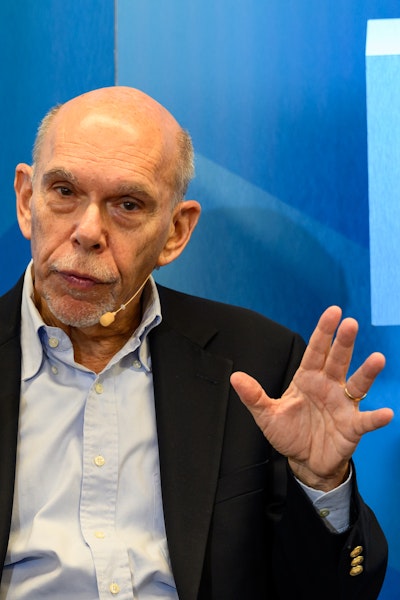
Brain-computer interfaces show potential to restore function to people impacted by incurable neurological conditions such as stroke, spinal cord injury, traumatic brain injury...

Scientists are developing life-extending drugs for dogs, and new advancements could bring them to market by 2025. Two leaders working to slow the aging process for Fido discus...

Few people are more deeply steeped in science than Francis Collins, former director of the National Institutes of Health and the groundbreaking Human Genome Project, and forme...

Part 1. Contrary to Popular Opinion — Bill Maher in Real Time: The iconoclastic host of HBO’s “Real Time with Bill Maher” sits down with Tina Brown to talk about calling out...

From in vitro fertilization (IVF), which combines human eggs and sperm outside the body, to in vitro gametogenesis (IVG), which uses stem cells to create gametes, pregnancy is...

The idea of gathering DNA samples into a vast database in order to identify disease risks and breakthrough therapies was once a distant dream. Not long ago, immunotherapy seem...
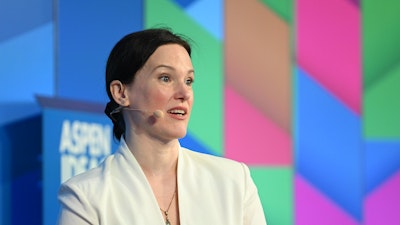
The hormonal changes and hot flashes that accompany menopause are familiar to most women, but the accompanying brain changes have not received as much attention. We now know t...

The communities we call home and the ways we live greatly influence health and longevity. By studying “Blue Zones” around the globe, Dan Buettner has uncovered the macro-level...

The first drug in a class known as GLP-1 agonists was approved in 2005 to treat diabetes. GLP-1 drugs subsequently proved their mettle to treat obesity and prevent major cardi...
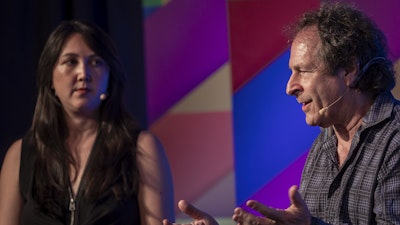
Scientific investigation is laser focused on psychedelics to treat post-traumatic stress disorder (PTSD), ease end-of-life anxiety, and address mental health challenges, inclu...

Artificial intelligence is generating enormous excitement for its potential to predict health risks, speed diagnoses, and guide medical decision making. At the same time, the...

The health benefits of a nutritious diet are well-established, but just telling people to eat more plant-based foods and less unhealthy fat isn’t enough to reduce the toll of...












